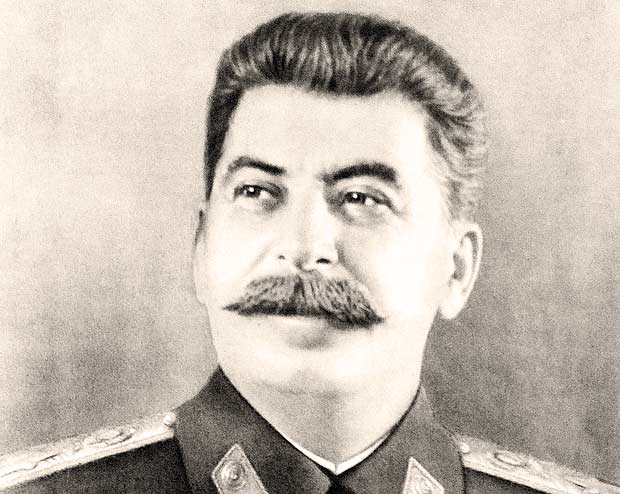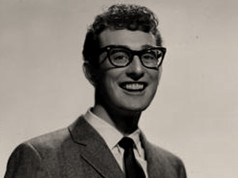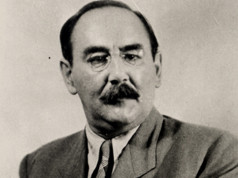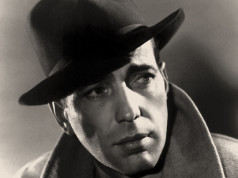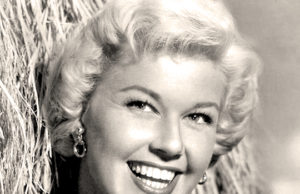GoodFreePhotos / CC-BY-SA-3.0 / GFDL
Joseph Stalin
(Soviet Leader)
18 December 1878 – 5 March 1953 (Aged 74)
Stalin was the General Secretary and leader of the Communist Party who ruled from 1922 until the abolition of the position in 1952. From 1941 until his death, Stalin also ruled as the dictator of the Soviet Union.
Born in Gori, Georgia, Stalin was one of seven founding members of the first Politburo in 1917.
After he became the leader, Stalin developed three famous ‘Five-year Plans’ between 1928 and 1938, for rapid industrialization and to improve productivity.
Over time, however, his policies led to forced labor and famine, which, ultimately, saw millions die.
From 1934, Stalin led what was termed ‘the Great Purge’, leading to millions of enemies of his, and the party, being killed or imprisoned in the Siberian Gulags.
Following the invasion of the Soviet Union by the Nazis, the Soviets suffered a heavy loss of life. However, under Stalin’s leadership, Soviet forces eventually turned the tide with victories in the Battles of Moscow and Stalingrad.
Stalin laid the groundwork for post-war Europe, and the Soviet Union, at the Yalta Conference, with Franklin D. Roosevelt & Winston Churchill.
Stalin died from a stroke in March 1953, yet there have been suggestions his death may have been caused by poisoning. It is unclear to this day.
In modern-day Russia, Stalin’s legacy is mixed, after being denounced by his successor, Nikita Khrushchev, the opinion of him has recovered somewhat with younger generations.
Under his rule, the number of Soviet citizens killed, or who died as a result of his policies, is thought to be several million.
At the same time, he also oversaw the growth of the Soviet Union from being underdeveloped, to becoming a world superpower.
Edwin Hubble
(Astronomer)
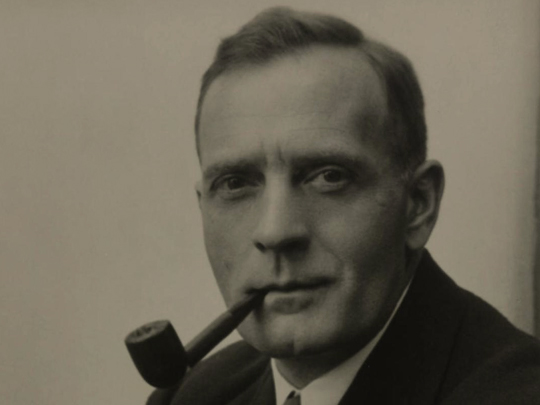
20 November 1889 – 28 September 1953 (Aged 63)
Hubble was a hugely influential American astronomer, with his revolutionary research seeing him recognized as one of the greatest astronomers in history.
Hubble also established a system still used by researchers for classifying galaxies, known as the ‘Hubble sequence’.
He died of a blood clot in his brain at the age of 63. His burial site was never revealed.
The famed Hubble Space Telescope was named in his honor, with a model of the telescope on display in his birthplace of Marshfield, Missouri.
Jim Thorpe
(Famed Native American Athlete)
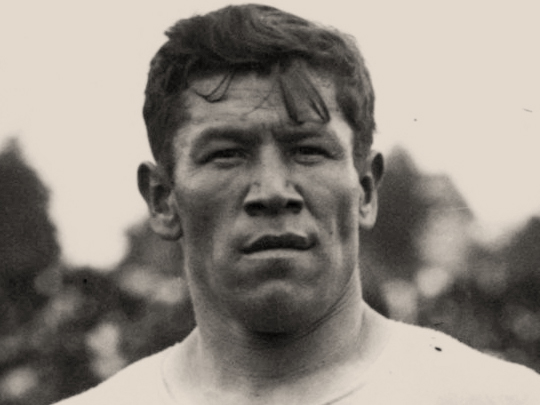
22 May 1887 – 28 March 1953 (Aged 65)
Thorpe, a member of the Sac and Fox Nation, Native American, was one of the most gifted and versatile sportspeople of all time.
In the 1912 Olympics, he won gold medals in the Pentathlon and Decathlon. The medals were subsequently stripped from him when it was discovered he had been paid to play semi-pro baseball for two seasons.
His medals were restored to him in 1983 by the IOC (International Olympic Committee).
In addition to his Olympic exploits, Thorpe also played six seasons of Major League Baseball with the New York Giants (1913-19), while also winning three championships in the American Professional Football Association, with the Canton Bulldogs (1916,17,19).
However, Thorpe’s sporting career came to an end at the start of the Great Depression, and he found it hard to get by. He turned his hand to acting but mainly got bit-part roles, while he also suffered from alcoholism.
In 1950, the Associated Press named Thorpe as the greatest athlete for the first half of the 20th Century.
Subsequently, in 1999, he was named the third greatest athlete of the 20th Century, behind Babe Ruth and Michael Jordan.
Thorpe died from a heart attack at his trailer home in California. He was buried in Pennsylvania, with the community re-naming itself Jim Thorpe, in his honor.
His burial place caused controversy, with Shawnee, Oklahoma, claiming it was considered his hometown.
Maud Gonne MacBride
(Irish Revolutionary)
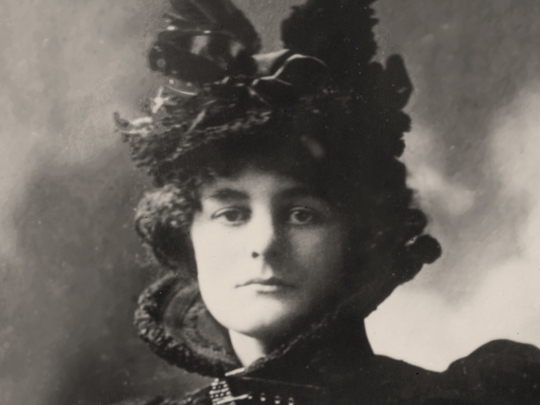
21 December 1866 – 27 April 1953 (Aged 86)
Gonne was an English-born, Irish revolutionary, who was the subject of a number of William Butler Yeats’ poems.
She was also Yeats’ love interest for years, with her turning down his marriage proposals multiple times.
Gonne married Major John MacBride in an ultimately short-lived relationship. Their son, Sean, went on to win a Nobel Peace Prize in 1974.
Hank Williams
(American Country Singer)
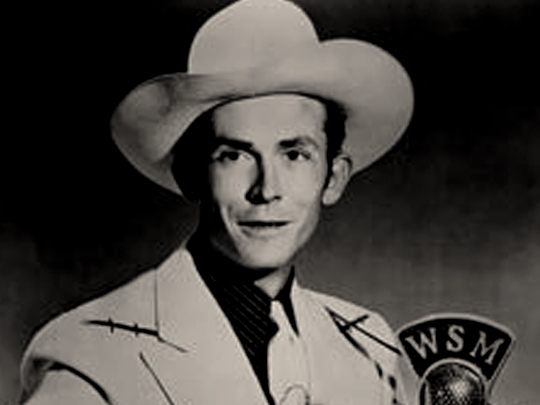
17 September 1923 – 1 January 1953 (Aged 29)
Williams was a hugely influential American singer-songwriter, and one of the first country music superstars.
Despite an extremely successful career, morphine addiction and alcohol abuse brought his life to a premature end, with his heart giving up on him at the age of 29.
Williams’ influence continued to endure, however, influencing numerous artists, and being inducted into the Rock and Roll, Country Music, and Songwriters Halls of Fame.


